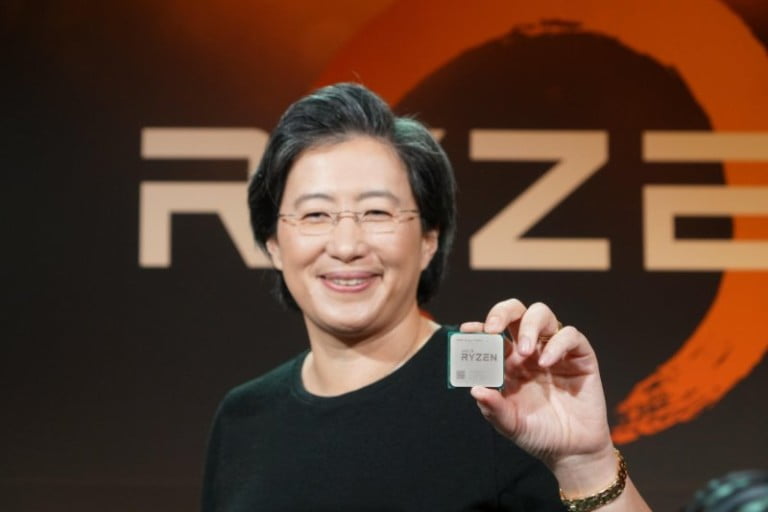Intel Z390 to support Ice Lake 8C/16T Mainstream CPUs in 2H 2018
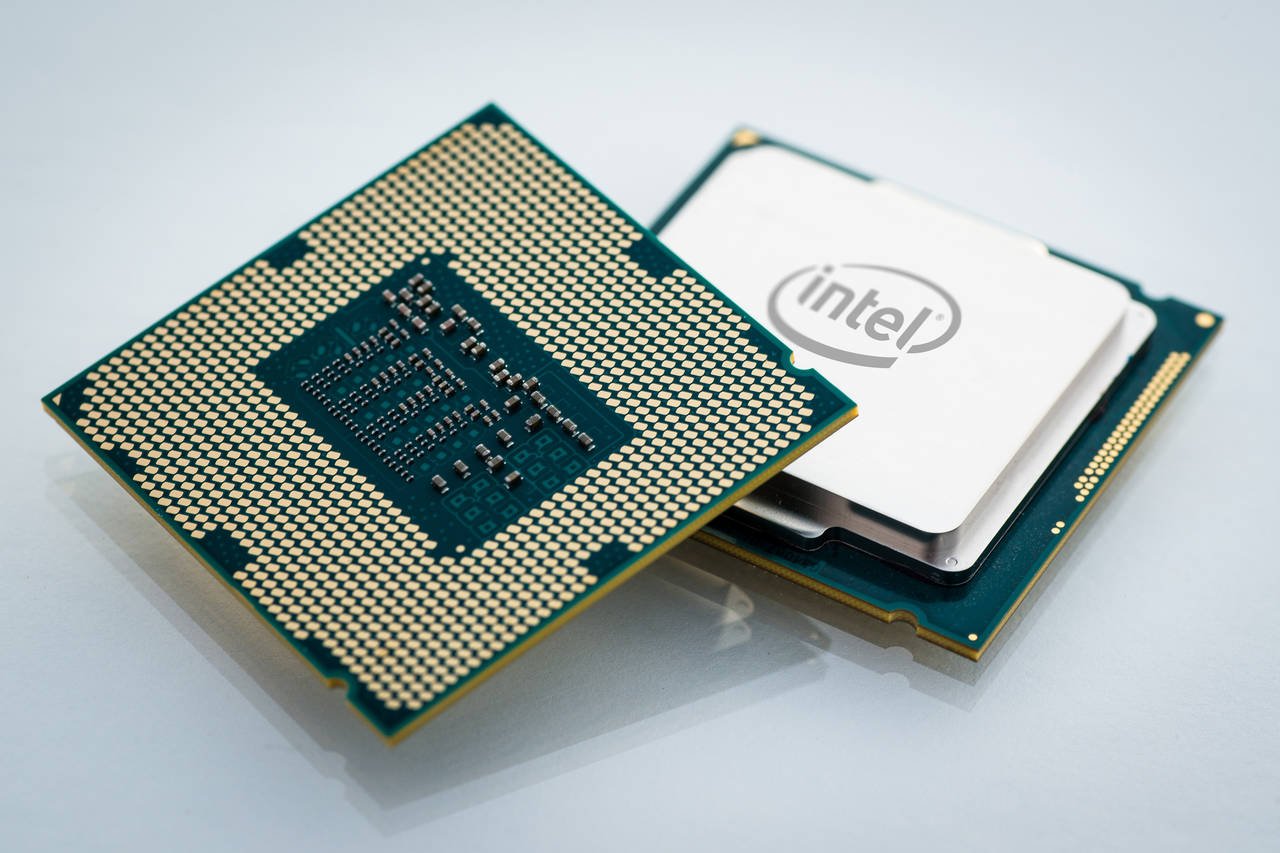
Intel is reportedly preparing to bring eight cores to its mainstream desktop platform. The new processor series will be compatible with Intel Z390 chipset and could launch later in 2018.
The details come via Eurocom, a Canadian computer developer of high performance laptops and workstations. A representative of the company revealed on NotebookReview forums that they will update their Tornado F5 laptop to Intel’s brand-new Z390 chipset, supporting the 8-core, 16-thread CPUs planned to arrive in the second half of 2018.

What we learn from this reveal is that Intel is definitely going to further boost the core count of their mainstream platform. The first 6-core mainstream processors from Intel will arrive in a few weeks under their 8th Gen Coffee Lake family. Coffee Lake will be based on the same architecture as Kaby Lake but will use the updated 14nm++ process node.
It looks like the upcoming 8-core chips will be based on Intel’s second generation 10nm processor architecture, codenamed Ice Lake. The company taped in Ice Lake back in June so it’s definitely on track. The processor lineup will follow Cannon Lake, the first 10nm parts that are expected to arrive in early 2018.
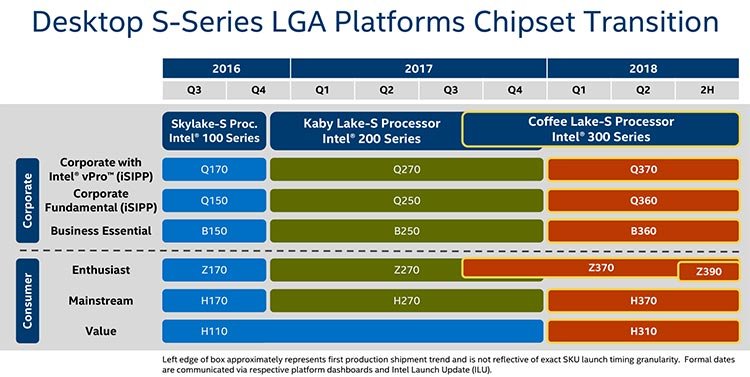
Furthermore, Ice Lake will be compatible with Intel Z390 chipset-based motherboard. A previous roadmap has already confirmed the existence of the Z390 chipset. The platform will allow for more features over Z370 though it’s unknown if it will maintain support for Coffee Lake processors.
From the looks of things, Intel has split its desktop and laptops chips up. Laptop chips will stick with the 8th Gen Kaby Lake Refresh which launched last month, until the 10nm Cannon Lake chips arrive. Desktops will go straight from the current Kaby Lake to 14nm++ Coffee Lake to 10nm+ Ice Lake.
There isn’t much we know about Ice Lake just yet, but if Intel follows its own Process-Architecture-Optimisation (PAO) production model then it won’t only be a slight update on the Cannon Lake, but a new CPU architecture.

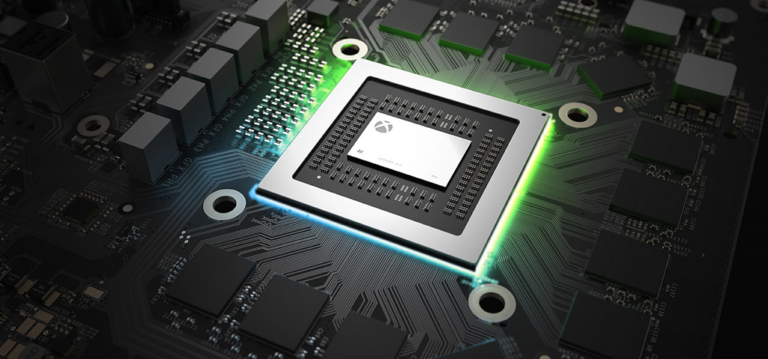
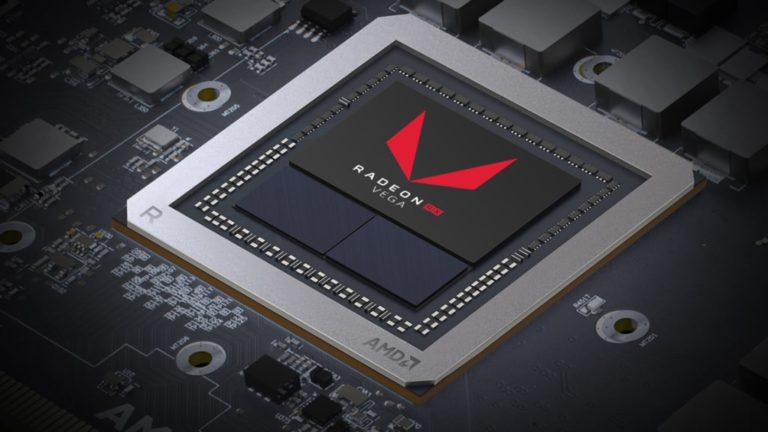
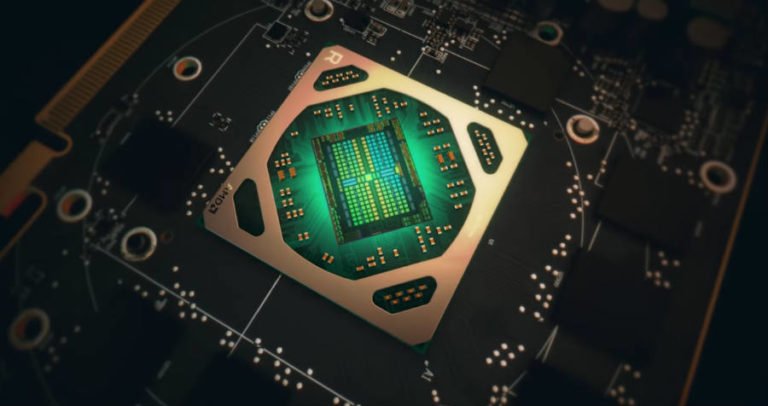
![[Roadmap] Intel Comet Lake, 10nm Elkhart Lake to launch in H1 2020](https://digiworthy.com/wp-content/uploads/2017/10/Intel-8th-Gen-Coffee-Lake-per-768x512.jpg)
